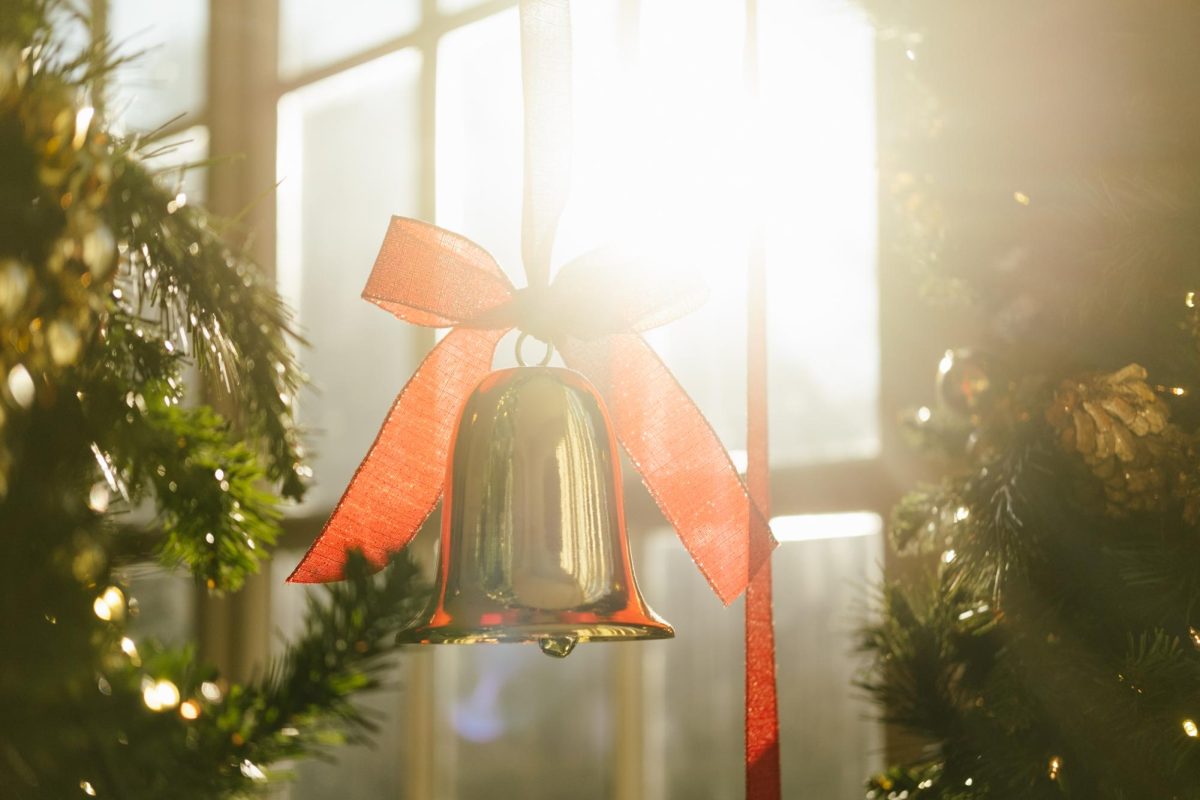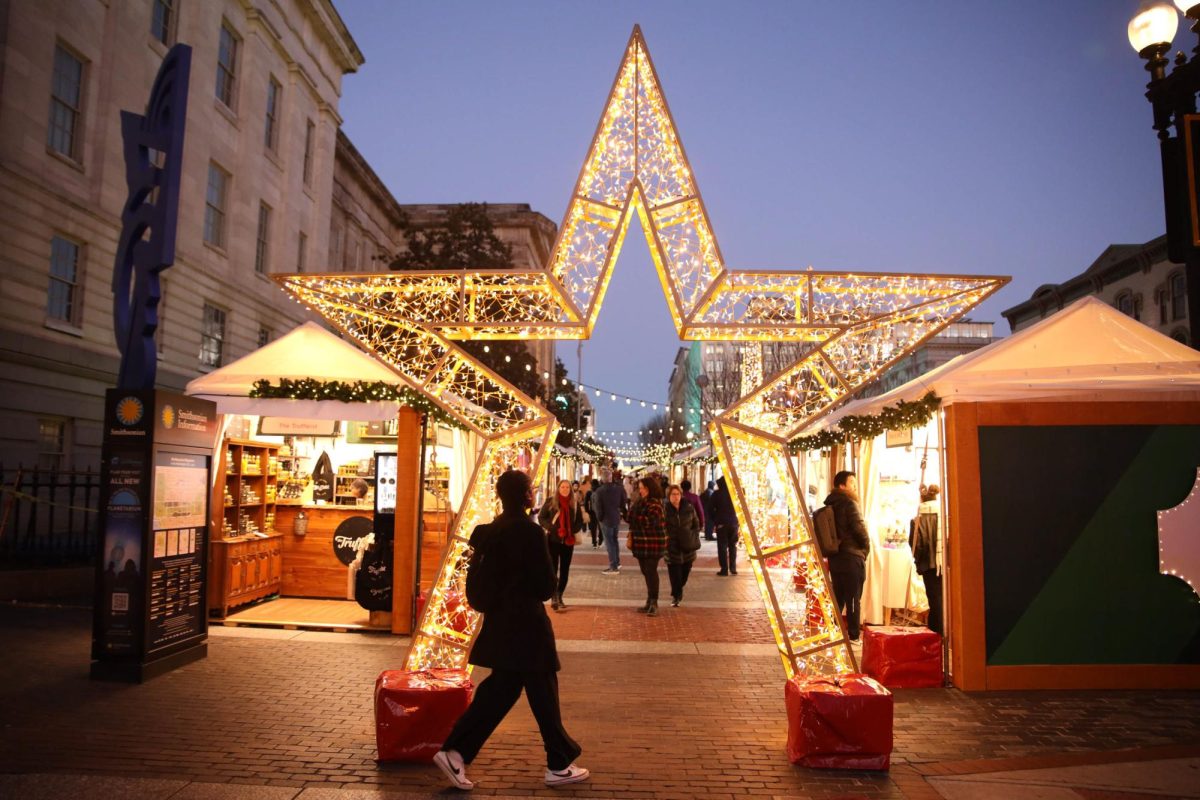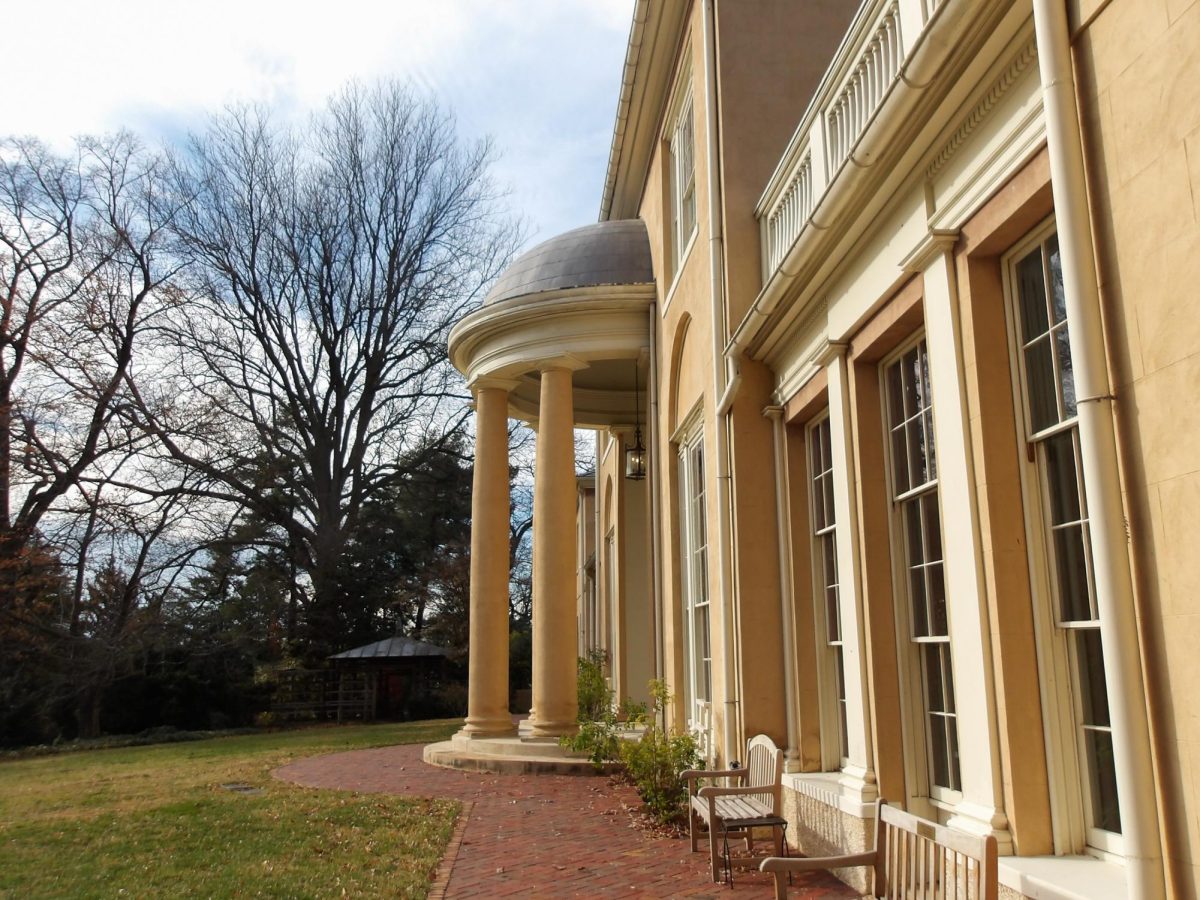In a music venue scene ruled by the 9:30 Club and U Street Music Hall, the five-week-old Gypsy Sally’s hopes to get back to the roots of the D.C. music scene.
The 300-capacity restaurant and music club in Georgetown showcases bluegrass, country, rock and folk, filling a musical vacancy in a city rife with rock, indie and hip-hop venues.
The owners hope to create the close-knit atmosphere reminiscent of Georgetown’s intimate The Bayou club – where small-time funk and blues jam bands reign supreme.
“You didn’t even have to know who was at the Bayou. You knew you would walk through the door and you would get a great show. That’s what we’re trying to do here,” said Gypsy Sally’s co-owner Karen Ensor, who runs the venue with her husband, David.
Located above French restaurant and event space Malmaison, the black K Street entrance door is flanked with barn wood that leads to the mainstage room. There, a spacious dance floor lets patrons stand, but tiered seating provides open lines of sight toward the stage.
The space, built in a refurbished 1902 ice factory, pays tribute to a time gone by. The Vinyl Lounge, an eating space off the main stage room, is adorned in rock regalia, complete with a Volkswagen microbus. Vinyl records embellish the white walls against black countertops and bar stool seats.
As for the name? It’s another homage to folk rock roots, quoting a Townes Van Zandt line about a barmaid “tending bar at Gypsy Sally’s.”
“That creates the theme of old rock and roll for us,” Karen said.
Although Gypsy Sally’s will largely feature small-name local and regional bands, the venue doesn’t plan to compete with nearby venues that attract more well-known acts.
In fact, they view the local art scene as a draw for patrons eager to hear something new.
“The late-night [shows] have been some of the most rocking times in here so far, because the crowd is turned on by the fact that there’s this band that they’ve never heard of and they’re awesome,” Pamela Wexler, Gypsy Sally’s publicist, said.
The venue plans to book primarily Americana and New Orleans big band-style groups, a move Wexler said allows the Ensors to “stick to what they know” and turn D.C. crowds onto a less-represented genre.
“They’re trying to get you, the casual person, to trust them that the band that they put on stage is worth you coming and paying a cover charge even if you don’t know that band,” Wexler said.
The music space is for ages 21 and up, but anyone has access to the Vinyl Lounge and the Microbus Gallery with open mic night on Tuesdays.






